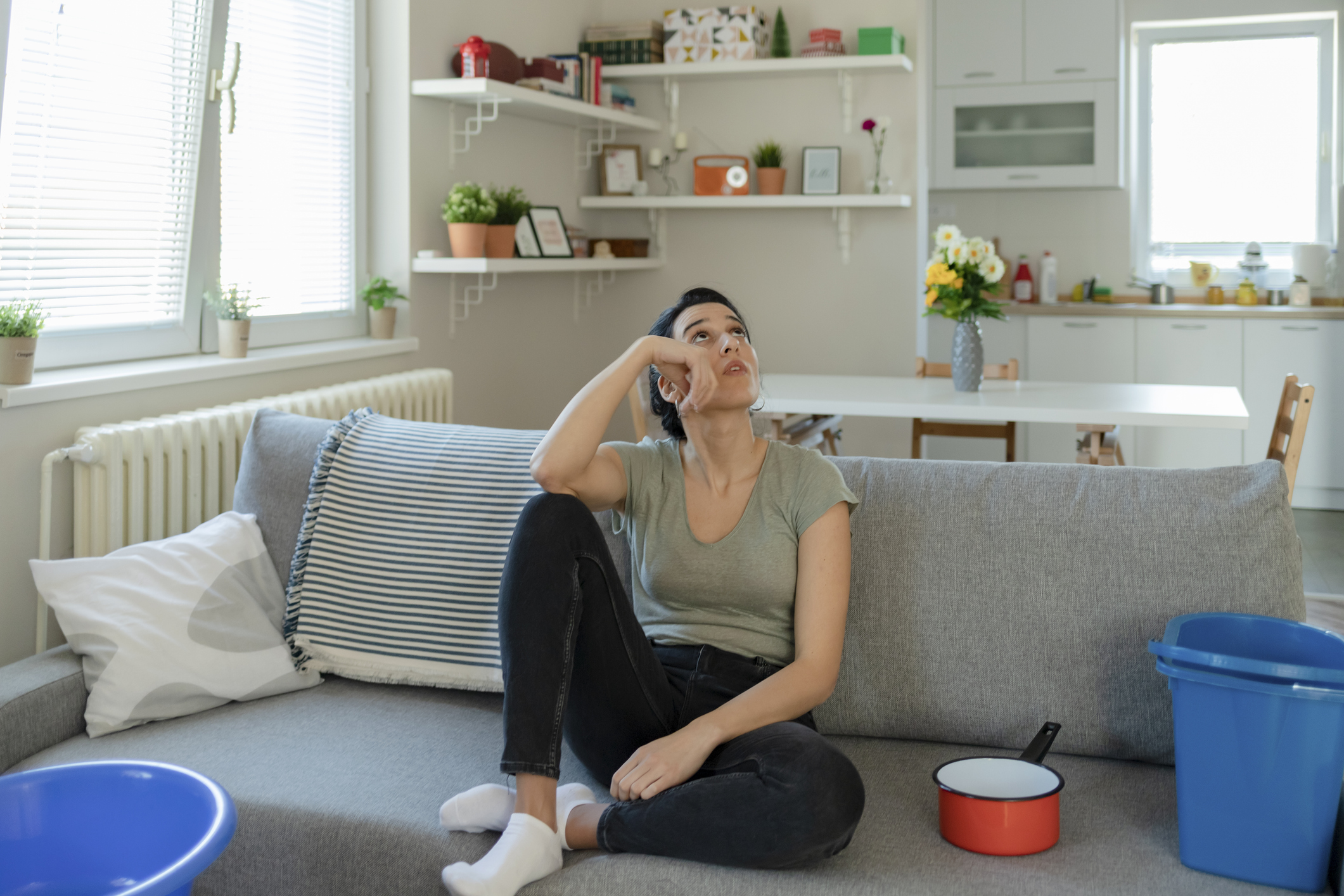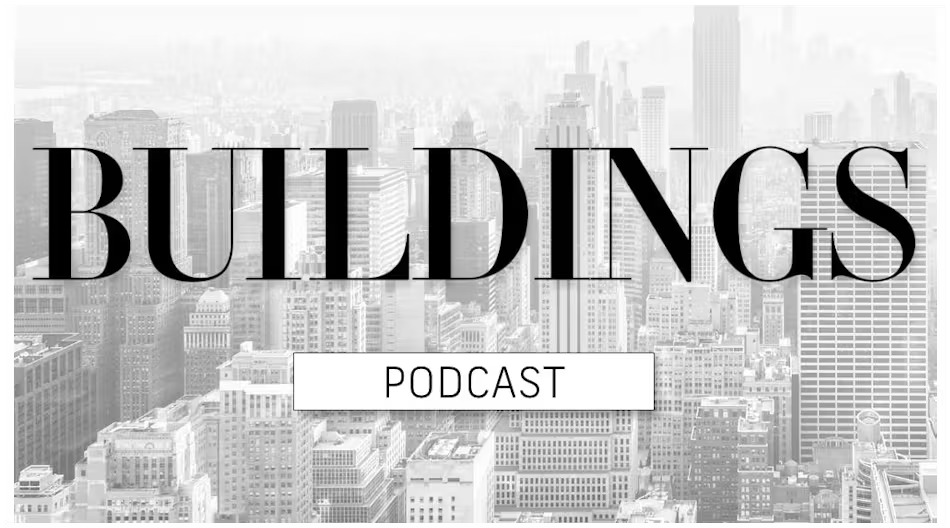Discovering water damage in your home can be a distressing experience, with the potential for long-term and significant consequences. Often sneaking under the radar until it’s too late, water damage can wreak havoc, leading to extensive destruction and the need for immediate restoration. When faced with such challenges, a swift and effective response becomes paramount, not only to minimize the damage already done but also to prevent any further deterioration of your property.
We’ve seen the stress that water damage events can cause and the immense relief that our professional experience and compassion can bring to affected homeowners once we arrive on the scene. When it comes to water damage, the faster you are able to react and remove the water and properly dry the area, the chances of damage happening lessens and significantly reduces your property restoration costs and stress. Did you know that if the area isn’t taken care of correctly, mold can start to grow within 24-48 hours of the water damage?
We know how scary this can be, so we’ve put together seven of the most common causes of water damage in homes, along with some prevention tips to help!
Leaking Pipes
Leaking pipes pose a significant risk of water damage in your home, particularly when unexpected pressure changes, wear and tear, or sudden temperature fluctuations occur. These issues can lead to pipe leaks or bursts, resulting in the need for extensive property restoration.
Prevention Tips:
1. Conduct regular inspections of your plumbing system to identify early signs of deterioration, such as rust or corrosion.
2. Keep an eye on your water bill for any sudden increases, as this could indicate a hidden leak.
3. Don’t hesitate to seek professional assistance, especially for hard-to-reach areas where leaks may go unnoticed.
Damaged Appliances
As appliances age, their pipes may corrode, and hoses can deteriorate, increasing the risk of water damage. Common household appliances such as washing machines, dishwashers, water heaters, and refrigerators can all potentially cause damage due to unexpected leaks or burst pipes.
Prevention Tips:
1. Routinely inspect these appliances for signs of wear and tear, and promptly replace any deteriorating parts.
2. Install a leak detection system that automatically shuts off the water supply upon detecting a leak, effectively preventing significant damage.
Clogged Drains
A clogged drain may seem like a minor inconvenience initially, but it can quickly escalate into a significant problem. Overflows stemming from blocked sinks or toilets not only create a mess but can also cause substantial damage if not promptly addressed. The water from these overflows can infiltrate floors, walls, and cabinets, fostering an environment ripe for mold growth and potentially resulting in permanent structural damage if left unattended or inadequately dried out.
Prevention Tips:
1. Regular maintenance is key to preventing damage caused by clogged drains. Consider using drain cleaners on a consistent basis to help keep your pipes clear.
2. Schedule professional drain cleaning services periodically to ensure a thorough cleanout and to identify any potential issues before they escalate into more significant problems.
Faulty HVAC Systems
Faulty HVAC systems are a frequently overlooked source of water damage in homes. When these systems are not properly cleaned or maintained, condensation can accumulate and lead to leaks, resulting in property damage. HVAC units generate significant condensation during the cooling process, which must be effectively drained away. However, if the drain line becomes blocked or damaged, water can overflow from unintended areas, causing damage to both the system and your home.
Prevention Tips:
1. Schedule regular maintenance checks for your HVAC system to ensure it remains in optimal condition.
2. Keep the drain lines clear of any blockages or debris to prevent water backup and potential damage.
Roof Damage
A damaged roof poses a significant risk of water intrusion, particularly during periods of heavy rainfall or snowfall. When the integrity of your roof is compromised, moisture can seep in, resulting in damage to ceilings, walls, and insulation. Over time, this persistent exposure to water can lead to structural deterioration, mold growth, and escalating issues.
Prevention Tips:
1. Regularly inspect your roof and gutters for signs of damage, such as missing or loose shingles, and indications of wear.
2. Utilize alternative methods to inspect your roof safely, such as using binoculars or a drone, to avoid the need to climb onto the roof. If you’re uncertain or require a comprehensive inspection, it’s advisable to enlist the expertise of a qualified roofing contractor.
Sewage Backups
Sewage backups are a significant and hazardous concern for homeowners, presenting not only a messy ordeal but also health risks due to the presence of bacteria and pathogens in wastewater. Classified as a “category 3” water loss due to the contaminants and potential illness they can cause upon exposure, sewage backups demand extra caution and remediation measures during cleanup. In addition to the standard property restoration steps necessary for “cleaner” water damage causes, special precautions are essential to ensure the affected area is properly handled.
Prevention Tips:
1. Regularly inspect and maintain your sewer lines to prevent blockages and backups.
2. Avoid flushing items down the toilet that can clog pipes, such as paper towels, wipes, and feminine hygiene products.
3. Install a backwater valve to prevent sewage from flowing back into your home during heavy rainfall or sewer system overflows.
Severe Weather and Natural Disasters
Severe weather and natural disasters are frequent culprits of water damage, and while you can’t prevent these events, you can take steps to mitigate their impact.
Prevention Tips:
1. Install flood sensors, especially if you reside in a flood-prone area, and regularly test your flood prevention measures to verify their effectiveness.
2. If your basement is susceptible to flooding during storms, consider installing a sump pump or other drainage system, and elevate items off the floor to prevent damage.
3. Keep gutters and outdoor drains clear to ensure proper water flow away from your home during heavy rainfall.
Unfortunately, no matter how well-prepared you might be, sometimes water damage is just inevitable. Plumbing can fail, appliances can leak, and severe weather can strike – these factors are all out of our control and they can happen anytime, anywhere. If you live in an area with heavy rainfall or flooding, or simply in an older home with aging infrastructure, the best thing to do is to hope for the best but be prepared for the worst.
Being ready for unforeseen circumstances entails having a comprehensive plan in place. This involves understanding how to shut off your home’s water supply during emergencies such as burst pipes or severe leaks, keeping the contact details of a trustworthy water damage restoration company like 1-800 WATER DAMAGE of North Dallas readily available, and ensuring you maintain an accurate home inventory for insurance purposes.
In essence, swiftly responding to water-related damage and ensuring efficient restoration is paramount. This approach minimizes the overall impact of the loss, swiftly restoring both your home and your peace of mind.
If you spot signs of any of these circumstances, give our team at 1-800 WATER DAMAGE of North Dallas a call and we can help you navigate the process of property restoration while providing technical support and compassion during such stressful times.



